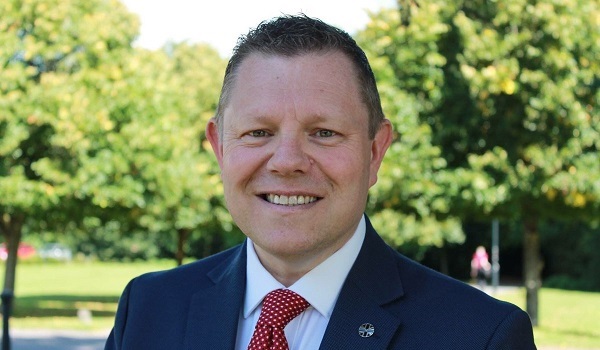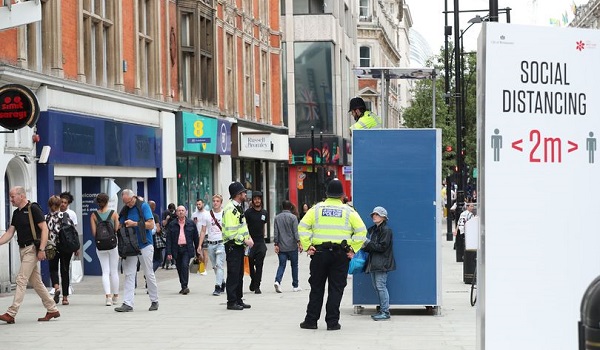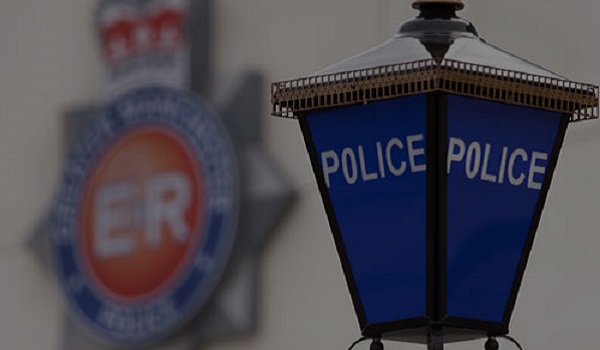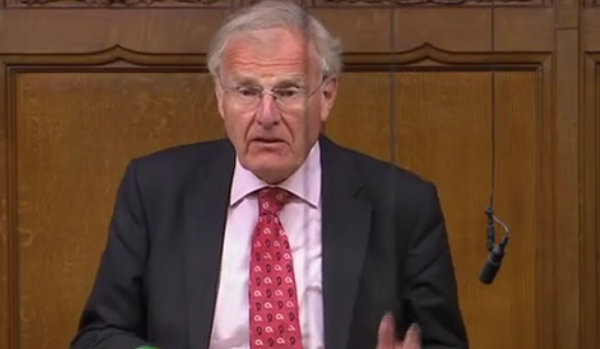Ban on hands-free calls behind the wheel ‘unenforceable’
The Police Federation of England and Wales (PFEW) says introducing a blanket ban on hands-free calls while driving could create an unenforceable criminal offence.
It follows a report by the House of Commons Transport Committee published earlier this week that said using a hands-free device was as dangerous as making a hand-held call. The report warned that “cognitive distraction” from hands-free calling made it four times more likely a driver would crash, the same as with a hand-held call.
Illegal use of phones rose last year with a quarter of drivers admitting making calls while driving despite an increase in penalties in 2017 – from £60 to £200 and three to six penalty points. In 2017 there were 773 casualties – including 43 deaths and 135 serious injuries – in collisions in which a driver using a mobile phone was a contributory factor.
The report noted that the number of people killed or seriously injured in phone-related accidents has risen steadily since 2011 while police enforcement has fallen by more than two-thirds, with just 50,000 penalty notices for phone use issued last year compared with 160,000 in 2011. The number of road traffic officers has fallen by a third over the same period, from 3,766 to 2,643.
The committee said the Government’s failure to outlaw hands-free calls was creating a “misleading impression” that it was safe and was condoning its use “by omission”.
It recommended that the Government should explore options for extending the current ban on hand-held mobiles and publish a public consultation on the issue by the end of 2019.
PFEW chair John Apter welcomed the debate on the issue but said: “While we mustn’t ignore the evidence, I can’t see how having a blanket ban could be practically enforced. The police service has lost 22,000 officers since 2010 and with many gone from specialist units, including roads policing, we already struggle to enforce the laws currently in place to stop people using handheld phones when driving.
“Even if we were able to fully enforce the law, the police service cannot and should not be responsible for solving this issue alone. There must be a shift in society’s attitude. Using a phone while driving must become as socially unacceptable as drink driving. And this message must be reinforced by the technology and vehicle industries and combined with Government-led educational campaigns.”
The RAC claimed a ban would hamper companies that needed to contact delivery drivers or taxis and pointed to difficulties of catching drivers doing it.
The cross-party transport committee acknowledged there would be practical challenges to criminalising hands-free phone use and enforcing the offence, but agreed with evidence from psychologist Dr Gemma Briggs, a senior Open University psychologist, who said: “Just because something is difficult does not mean that we should not do it.”
The committee highlighted trials of new cameras and technology by at least two police forces – Hampshire and Thames Valley – in which roadside sensors can detect a signal if a phone is being used in a car.
Neil Greig, IAM RoadSmart director of policy and research, welcomed the report.
“It fully confirms what we have known for some time – multi-tasking is a myth and any form of smartphone use at the wheel is distracting,” he said.
“Clarifying the law so that any use of a phone that involves holding it or placing in the driver’s lap is made illegal should be a top government priority. It doesn’t matter if it’s for music selection or social media updates, it all increases risk behind the wheel particularly for new drivers.
“New laws and tougher penalties are welcome but will only work if the fear of being caught is increased. This can be done through more high-profile policing but could also be given an immediate boost by issuing clear guidelines for the use of mobile speed cameras to prosecute any driver they spot with a phone to their ear.”
Director of campaigns for road safety charity Brake, Joshua Harris added: “With in-vehicle phones becoming more prevalent and the law unclear on hands-free phone use, drivers must take responsibility to resist distraction and concentrate on the operation of the task at hand – safe driving. When behind the wheel, one moment’s inattention can result in catastrophic and lifelong consequences and no phone call or text can ever be worth that risk.”
Transport committee chair Lilian Greenwood said: “Despite the real risk of catastrophic consequences for themselves, their passengers and other road users, far too many drivers continue to break the law by using hand-held mobile phones.
“If mobile phone use while driving is to become as socially unacceptable as drink-driving, much more effort needs to go into educating drivers about the risks and consequences of using a phone behind the wheel.
“The reality is that any use of a phone distracts from a driver’s ability to pay full attention and the government should consider extending the ban to reflect this. Offenders also need to know there is a credible risk of being caught, and that there are serious consequences for being caught.”







